Chris Bauweraerts founded Brasserie D’Achouffe with brother-in-law Pierre Gobron in 1982. They used a methodical approach to develop a limited number of beers and it paid off in 2006, when they sold the Belgian brewery to Duvel Moortgat. Bauweraerts is still with the company and travels the world on their behalf, preaching the Chouffe gospel. He was recently at Library Alehouse for a beer pairing lunch, and prior to the arrival of the fried pickles and La Chouffe, he shared some insights about his background and philosophy.
Josh Lurie: You founded the brewery in 1982?
Chris Bauweraerts We brewed a very small batch, a half-barrel, on August 27, 1982, exactly. My partner and me, we developed the brewery and sold to Duvel Moortgat in 2006. And at that time, we had a yearly output of a little bit more than 20,000 barrels.
JL: What was the first beer that you brewed?
CB: La Chouffe is the first beer. Your question is very good, because I give a lot of beer talks in Belgium, and I find out a lot of beer geeks – like you say in the States – they’re always focused on what’s new, what’s new, what’s new, and they don’t have any respect for a brewery that tries to make the same beer consistent to start, and better and better, year after year…It’s very important to understand that you can be creative in trying to make something new every week is not so difficult, but the same beer year after year, day after day, it’s very tough. Back to Chouffe, that was our philosophy, back in 1982. That was our philosophy, 28 years ago. In five years, our little brewery, we tried to fine tune, and that explains why La Chouffe is now our main brand. We started to brew a second brand only in ’87. Our second brand is McChouffe, our dark ale from La Chouffe. Later, in 1993, we started with our winter beer, that we call N’ice Chouffe. A lot of Americans say Neece Chouffe, but it’s Nice Chouffe. I don’t know how you write it on paper to be able to pronounce it exactly, but that’s your problem.
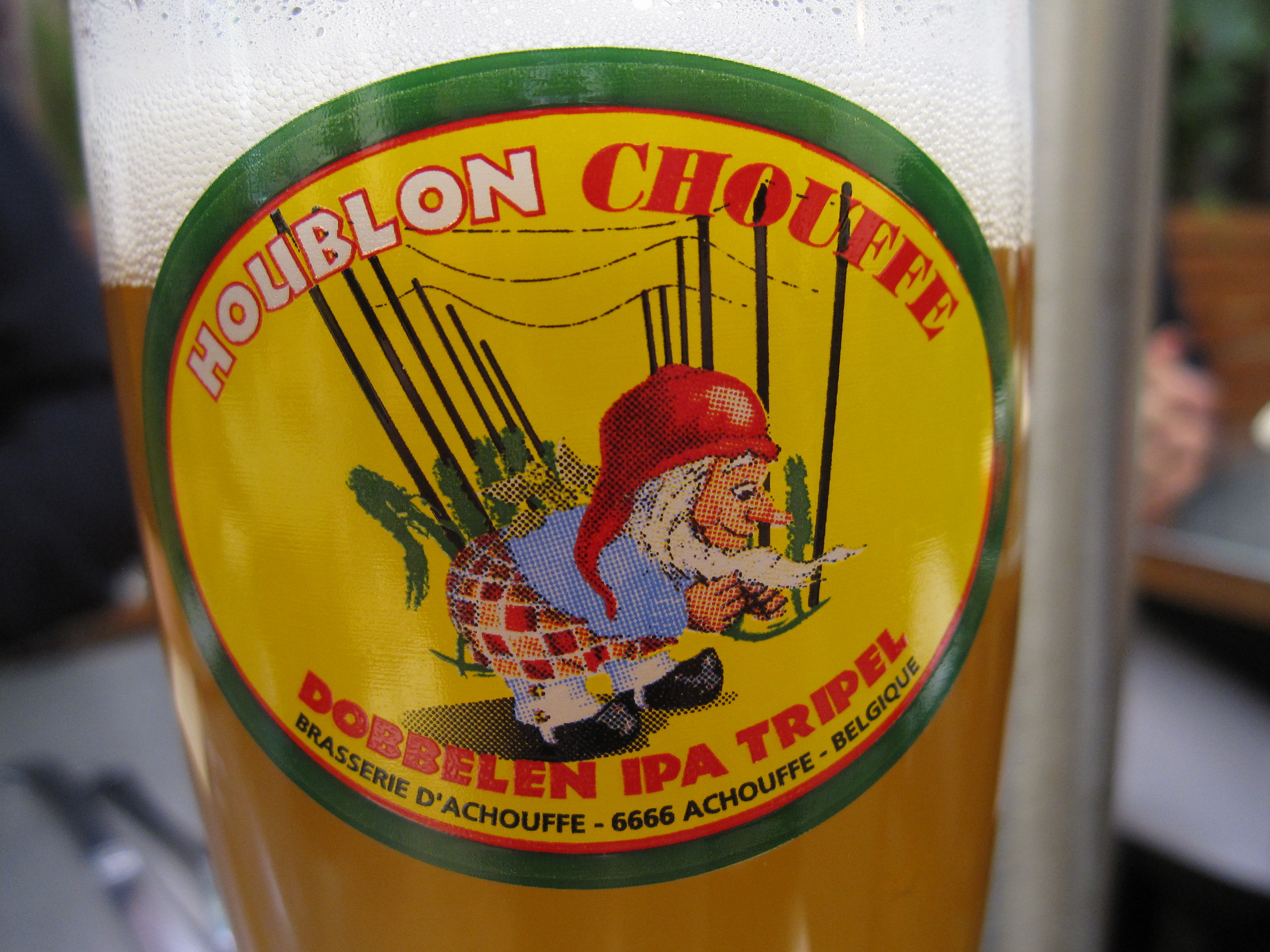
Houblon Chouffe is a cross between a Belgian tripel and American style IPA.
In 2006, we came out with Houblon Chouffe, and I’m really proud about it. Why? Cause I’m not a brewer, but I’m a guy from a brewery. You have to have respect for the guys who brew the beer, but it’s also important who’s sales support the beer, because when something’s wrong with the beer, it’s not the brewmaster who is in the front line, it’s the sales guy who visits his accounts. I came to the States and to Canada, and I know what’s IPA, what is bitterness. Our importer asked us to make a cross between a Belgian tripel and an American IPA style. Before we don’t want to brew it because we want to reduce the number of beers. Like I told you, what’s new, I hate it, so it was not our philosophy. We say to our importer, if you order 500 barrels, it means eight containers of beer, then we will brew it. We hope that he doesn’t order, but he ordered, so we had to make the beer, and we made it very fast, and then, because we wanted to make a bridge between Europe and the United States, we used American hops. We knocked on the door of American hop experts, Yakima Chief, they help us a lot. They advised us to use Amarillo and Tomahawk hops, and also European hops for the finest aromatics, Saaz. Then the bitterness of the beer, after two weeks brewing, we tasted the beer from the tank. They found it good. It’s good, I say, but it’s not bitter enough. You have to make it more bitter. They look at me like, “This guy’s crazy.” They want a very bitter beer. I say, “That’s not what they want in the States. Send samples to the States.” So that’s what we did, three different samples, A, B, C, with the bitterness level normal from the tank, 10 percent higher and 20 percent higher. We sent samples to the States, to Chicago, L.A. and New York. After one week, we got comments. The comments were good and C goes in the best direction, but it’s not bitter e-mail. With the three e-mails I got from each city, to the brewer, I said, “Now you make the beer bitterer.” That’s what they did. For Belgian, it’s still an extremely bitter beer, Houblon Chouffe, but for American standards, in L.A. or San Diego, it’s just bitter enough.
JL: How did you find a partner initially for the brewery?
CB: My partner is my brother-in-law, the husband of the sister of my wife. We started the brewery together in ’82. His name is Pierre Gobron. With family things, he divorced and such, and in 2006, we were able to sell the brewery to Duvel Moortgat. It was a good opportunity to take the cash. Maybe one day I well invest an amount of my money, or that I have with my wife, in another brewery project, but I’m not pressed to do that. If someone comes with a very good idea, and there is someone in Belgium at the moment, but I cannot tell more about that. Then probably behind the scenes I will invest some money in that.
JL: Do you have a first beer memory?
CB: Oh yes. That’s the history, a very important memory. I’m from the region of Duvel. Duvel is close to Antwerp, my hometown is just the next city. I’m born two miles from Duvel, but our brewery, d’Achouffe, in the south of Belgium – my wife is from there – it’s 100 miles from Duvel, even more. When I went to see the family of my wife, in the beginning, when I was young, I bring cases of Duvel to them because they don’t know it. Duvel’s a beer, 30 years ago, you don’t see it in the States. I bring it to my family, as a guy from the region of Duvel. They give me the stamp of beer specialist, but I was no specialist.
Also in the company I worked for, it was an American company – General Information Services – my colleagues bring me to a beer bar in Belgium. Even in Belgium, beer bars were not very often, and they say there is a very good beer, blanche. Blanche? What is that? I never hear about it, and it was the a wheat beer. Blanche in French is wheat, and it was the beer of Pierre Celis, from the brewery in Austin, Texas, who made Hoegaarden beer. I taste it for the first time and we stayed to drink all afternoon. And that was my most impressed moment about beer. Two or three days later, I went to Pierre Celis in Hoegaarden and I said, “What can I put in my car?” It was 16 cases of beer. At the time he produced not even 200 hectoliters, and I buy 16 cases, so we keep contact and afterwards, Pierre Celis and his brew engineers helped our brewery a lot because I stuck in close contact with them. They inspired us a lot to make the brewery.
JL: Since we’re at a beer pairing lunch, what do you think is the key to pairing beer with food?
CB: For me, that’s a difficult question, because I just come from Vail, where they did food pairing with beers from two different breweries, Avery and Flying Dog. It was two different beers. We are not used to doing this often in Belgium. I don’t know if the Belgian market is ready to go for that. The Belgian consumer is not that open for food pairing with beer. They still think using beer in the food. Not too much, but that’s what they try to do. For me, in Vail, instead of using two different beers, show one beer, with one plate, like they do here. You have to find out if it fits well. It’s like wine. Some wines go well with one kind of dish, and other wines don’t go with it. You have to find out. In fact, it’s more of the cook who must do the pairing, and not the brewer, because when we make beer, we make 100 barrels or 240 barrels of one batch. We will not adapt it to one plate, but the plate can be adapted to the beer, for sure. The cook must do that very well. It’s not in the hands of the brewer.
JL: You think two beers per course is too much?
CB: Yes, for sure. You don’t drink two different wines with one course.
JL: Do you cook with beer?
CB: Yes, I like to cook, and the easiest thing to do, and maybe you can try this at home, the soup you’re eating, with the beer you drink, even a Budweiser – you can have a better choice with another beer – but let’s say Sierra Nevada Pale Ale – the soup you eat, eat a few spoons, and then add one spoon with beer and mix it. You try it, you will be surprised. That’s a way of using beer that’s very simple, and you don’t have to be a cook to do that. You use beer as a spice, like pepper or salt. Very, very good.
JL: When was the last time you were in the United States before this?
CB: Last year in the fall, in September.
JL: In all your travels around the United States, what are some of the breweries or beers that have really impressed you?
CBL There are two important brewers in the world who made something happen in beer. The first one is Pierre Celis, who started wheat beers. The second one is American. It’s Ken Grossman of Sierra Nevada Brewing Company. He started 30 years ago making a tasty beer, Sierra Nevada Pale Ale. It was very tasty compared to beers available at that time, Budweiser, Coors, Miller, all beers that are not very tasty. Compared to a Miller or a Budweiser, Sierra Nevada is very bitter, so Ken Grossman, he started the hopping thing in American history, and also, we started the Belgian hopping in Belgium. The more hoppy beers are thanks to Sierra Nevada Brewing Company. I’ve visited also. It’s a very modern brewery. They make things that change the States and also the world.
JL: If you could only drink one more glass of beer, what would be in the glass?
CB: Before I die? Orval.
JL: How come?
CB: Orval is a beer of my nation, and the brewer’s a friend to me. I’m not very objective, but all the times I drink Orval, the beer’s always good.
JL: Would you have any food with it?
CB: The cheese of Orval. The brewmaster is the only brewmaster-cheesemaster in Belgium. He makes both of them, and if you have a chance to taste Orval cheese, six-month-old, together with the beer, is fabulous.

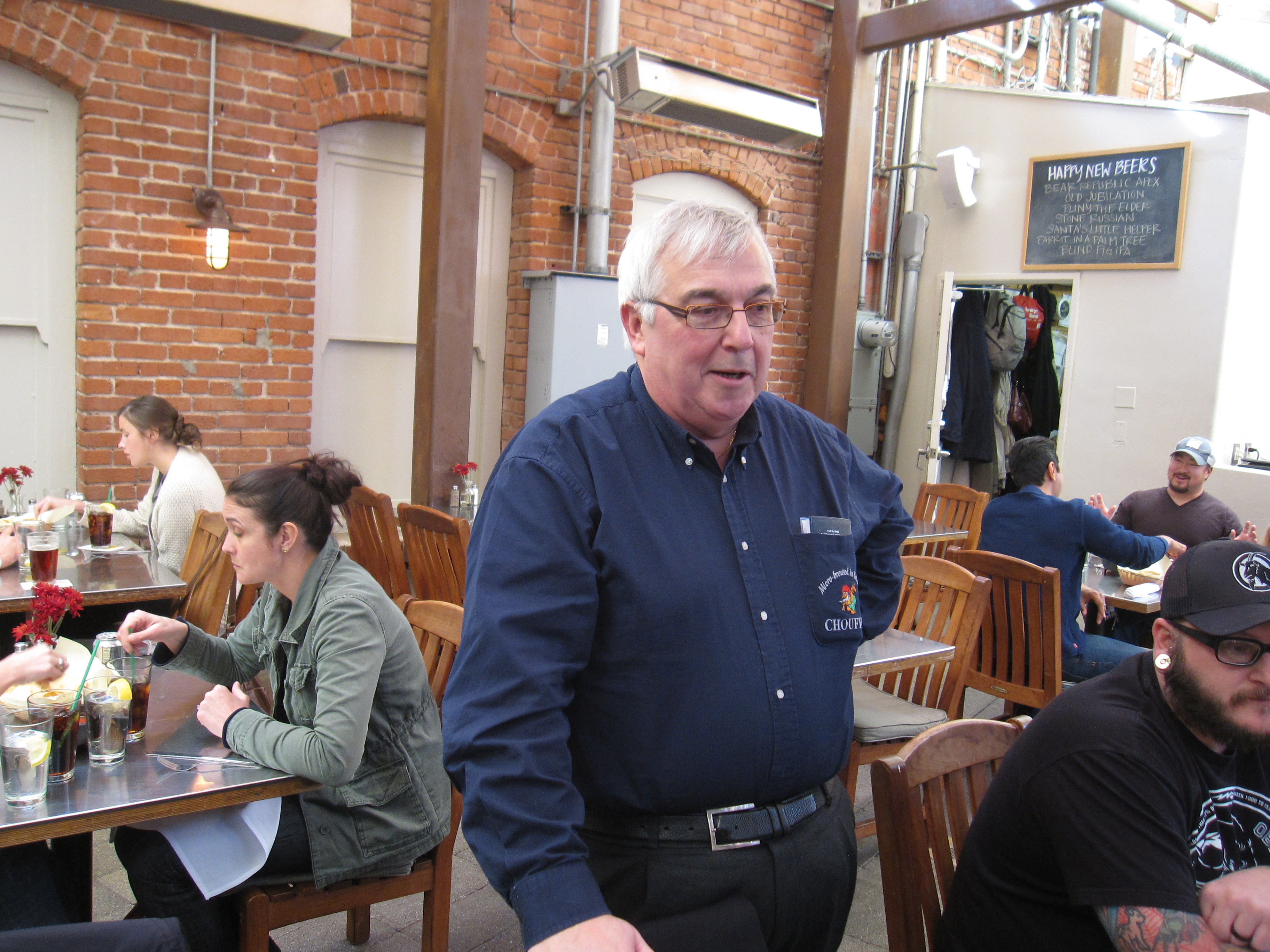
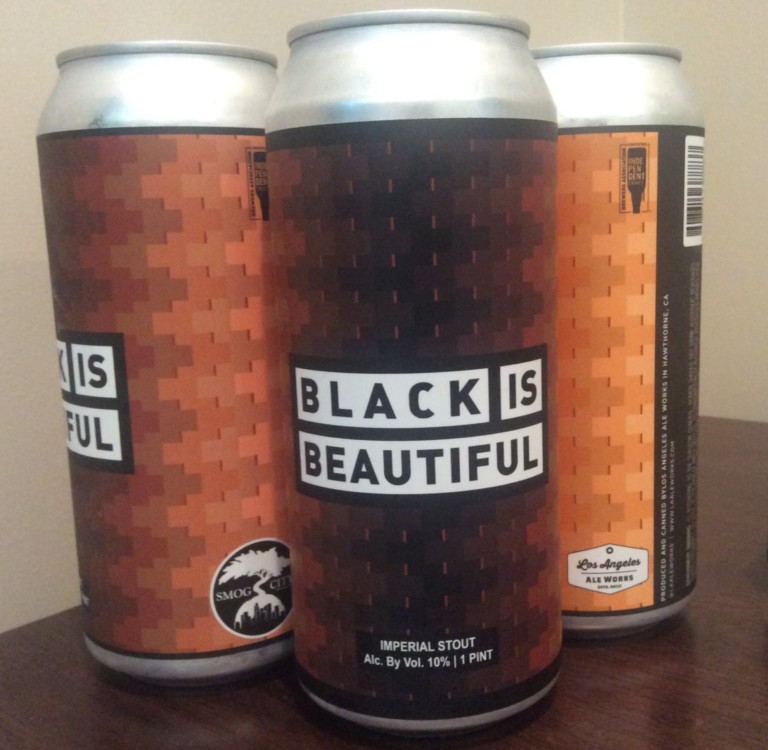
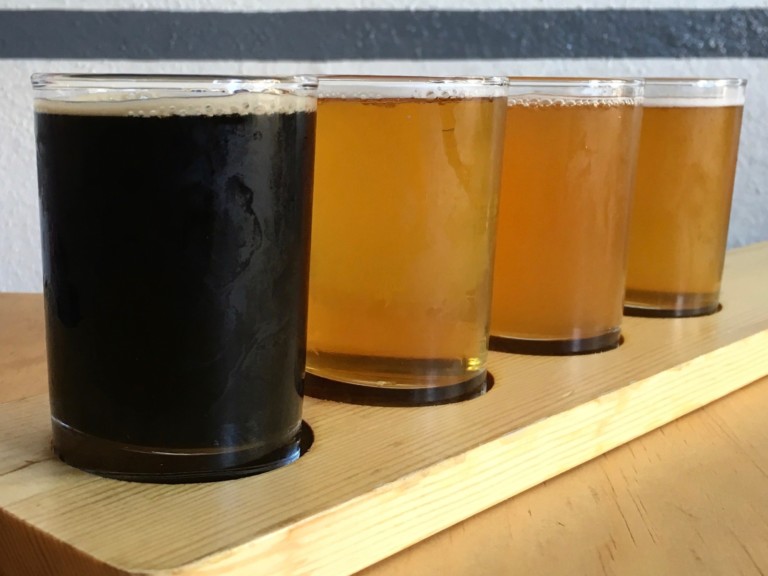
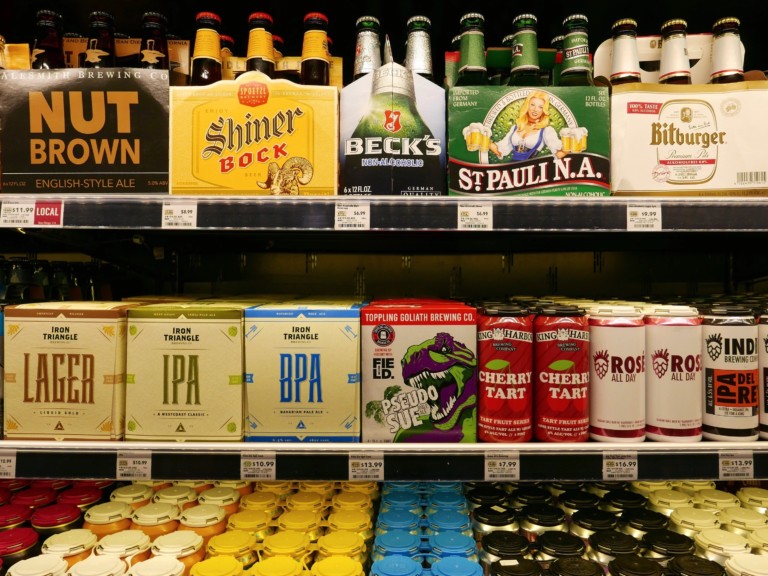




Blog Comments
FJ Buzz McFadden
June 18, 2020 at 1:18 PM
I’m 67 but still learning about beer.
Thank you for brewing a balanced blond beer – my adult children like the hoppy stuff, but I am more traditional.
Congratulations on the Duvel deal. Both brands are thoroughly enjoyed in my home.
Best regards,
FJ McFadden
Raleigh, NC
USA
Chris Bauweraerts
January 23, 2011 at 2:26 AM
Hi Josh, great article thank you!
Liberty Ale House is a great place too! Now you have to come to Belgium.
A scoop for you: as I just got a phone call of Hans Bombeke, president of ABC, the “Antwerps Bier College”: On 1st & 2nd october of this year the first “Modeste Bier Festival” will be held @ Brewery De Koninck in Antwerp. Wil be organised by ABC “Antwerps Bier College”. After the 24-hours of the Belgian Beers a Beer Comsumers organisation will organise a Beerfestival again in the funniest city of Belgium.
The name “Modeste Bier Festival” is a tribute to Mr. Modest Van Den Bogaert a genius Brewer & world war II hero. Between 18 and 22 years Modeste escaped from Belgium to London and he became one of the first members of the Belgian “Piron Brigade”. This Belgian brigad liberated some French villages and then battled very hard, beside American and British troops, in the frontline of Holland-Limburg. On 11th november 1944 Modest was injured by a schrapnell this was the end of his war story…
You will probably find more about this legendary Belgian brewer when you google his name.
So, that’s it, I hope to come ASAP to California. Good luck to the DUVEL & STONE distribution reps.
Chris Bauweraerts
Founder br. Achouffe.
World Beers Review » Q&A with Brasserie D'Achouffe founder Chris Bauweraerts
January 17, 2011 at 9:51 PM
[…] the original post here: Q&A with Brasserie D'Achouffe founder Chris Bauweraerts Related Posts:Beer Review – Brasserie Dieu du Ciel's Route des Epices … Beer Review […]
Christina Roberts
January 16, 2011 at 2:03 PM
Thank you again Josh for joining us at lunch last week, and writing this amazing artlicle on our friend Chris Bauweraerts!
Cheers!
Christina Roberts
Los Angeles Market Mangager
Duvel Moortgat USA
Joshua Lurie
January 16, 2011 at 2:44 PM
Christina,
Glad you like the interview. Chris made it easy, since he’s a quote machine. Funny, I never thought to use beer as a condiment before.
Tweets that mention Food GPS » Q&A with Brasserie D’Achouffe founder Chris Bauweraerts -- Topsy.com
January 14, 2011 at 3:23 AM
[…] This post was mentioned on Twitter by foodgps, Alltop Food, Jimmy H. and others. Jimmy H. said: Lets have an Orval cheese party. RT @foodgps: Q&A with Brasserie D'Achouffe founder Chris Bauweraerts… http://su.pr/6vvoFC […]